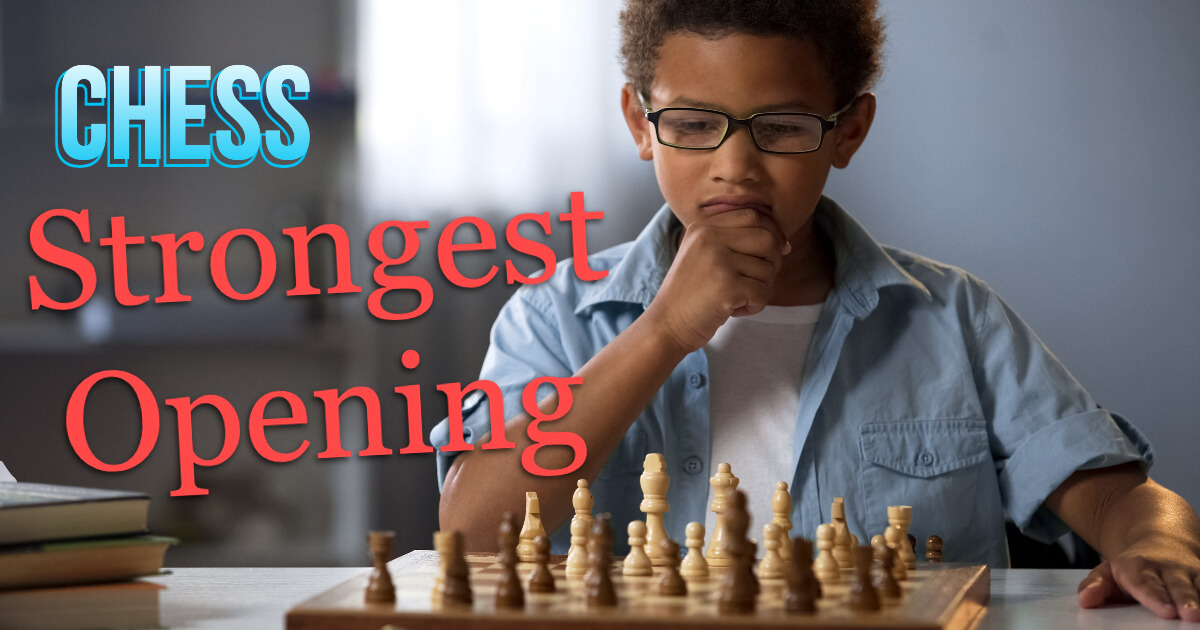A chess database is a collection of games and other information related to the game of chess. It allows players to access information about past games, including the moves that were played and the outcomes of those games.
Valuable source
This can be a valuable resource for players looking to improve their skills or to learn from the strategies of more experienced players. One of the primary uses of a chess database is to study the games of other players. By analyzing the moves that have been made in past games, players can learn about common strategies and tactics, as well as the weaknesses and strengths of different openings and endgames. This can help players develop their own unique playing style, as well as improve their overall understanding of the game.
In addition to providing information about past games, a chess database can also be used to track the progress of individual players. By storing information about each player's games, a database can help players identify areas where they need to improve, as well as provide a way to measure their progress over time. This can be especially useful for players who are trying to improve their ranking or compete in tournaments. Another important use of a chess database is to provide a way for players to search for games that match specific criteria. For example, a player might want to find games that were played by a particular player, or that used a specific opening or endgame. This can help players to quickly and easily find games that are relevant to their own interests and goals.
A chess database can also be used to store other types of information related to the game of chess. This might include biographical information about players, as well as information about chess clubs, tournaments, and other events. By providing this information, a chess database can serve as a comprehensive resource for players, coaches, and anyone else interested in the game of chess.
Overall, a chess database is a valuable tool for players and coaches alike. By providing access to information about past games, as well as other relevant data, a chess database can help players to improve their skills, track their progress, and find games that are relevant to their interests. Whether you are a beginner or a seasoned player, a chess database can be an essential part of your training and development as a chess player.
Chess engine vs. Chess database
A chess engine is a computer program that is designed to play the game of chess. It uses algorithms and other techniques to analyze the game and make decisions about the best moves to make based on the current position of the pieces on the board. A chess engine can be used by players to analyze their own games, or to play against the computer.
On the other hand, a chess database is a collection of information about chess games and players. This might include the moves that were made in past games, as well as biographical information about players, tournament results, and other data. A chess database can be used by players to study the games of other players, to track their own progress, and to search for games that match specific criteria.
In short, the main difference between a chess engine and a chess database is that a chess engine is a program that is used to play the game, while a chess database is a collection of information about the game. While both can be useful tools for players and coaches, they serve different purposes and provide different types of information.
Key features of chess database
A chess database typically has several key features, including the ability to store and organize information about past games, the ability to search for games that match specific criteria, and the ability to track the progress of individual players. Some other common features of chess databases include the following:
- Biographical information about players, including their ratings, tournament results, and other data
- Information about chess clubs, tournaments, and other events
- Tools for analyzing games, including the ability to replay moves and to view games from different perspectives
- Support for multiple formats, including popular formats such as PGN (Portable Game Notation) and FEN (Forsyth-Edwards Notation)
- The ability to annotate games with notes and other information, such as variations and evaluations
- Integration with other chess-related software, such as chess engines, opening books, and endgame tablebases
- User-friendly interface, with support for different languages and other customizable settings.
Overall, the features of a chess database will vary depending on the specific product, but most chess databases offer a range of tools and features that are designed to help players improve their skills, study the games of other players, and track their progress over time.
Which chess opening is the best?
There is no single "best" chess opening, as the best opening for a given player will depend on their personal playing style and goals. Some players may prefer aggressive openings that aim to put pressure on the opponent's pieces, while others may prefer more defensive openings that aim to control the center of the board and build a strong position.
In general, the best chess opening for any given player is one that suits their strengths and weaknesses, and that allows them to develop their pieces and control important squares on the board. Some popular chess openings include the Sicilian Defense, the Ruy Lopez, the French Defense, and the Italian Game, among others.
Ultimately, the best chess opening is one that allows a player to control the game and put their opponent on the defensive. This can be achieved through a variety of different openings, and the choice of opening will depend on the player's personal style and preferences.
Future of the chess
While we can predict certain patterns, the best GMs are born younger and younger, there is still magic behind limitations of human brain and the over the board plays. The machines have conquered the human brain long time ago (it started with Deep Blue) and best GMs would not last in any mediocre AI engine tournament, yet the beauty about the chess is human mistakes, human emotions and errors Therefore any cheating of using computer during the OTB tournament (or online) is simply lame and highest punishments shall be placed to the players pretending to humans.

Visit and subscribe to our YouTube channel  to learn chess openings and much more.
to learn chess openings and much more.


